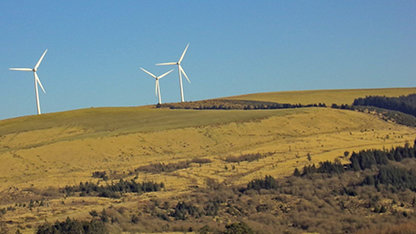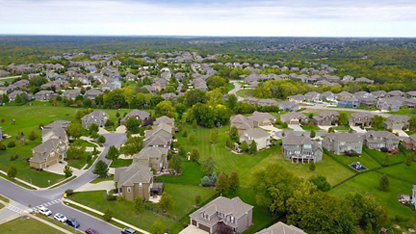RICS is an active member of the UN Global Alliance for Buildings and Construction (GlobalABC). Founded at COP21, hosted by the United Nations Environment Programme and with 280 members, including 39 countries, the Global Alliance for Buildings and Construction is the leading global platform for all stakeholders committed to a common vision: A zero-emission, efficient and resilient buildings and construction sector. This is orchestrated via the Buildings Breakthrough Agenda facilitated by GlobalABC.
RICS is now a supporting partner for Buildings Breakthrough: Priority International Action B1: Standards and Certification and B5: Capacity and Skills. Head of Sustainability Anil Sawhney was recently appointed to the B1 (Standards and Certification) steering committee.












































